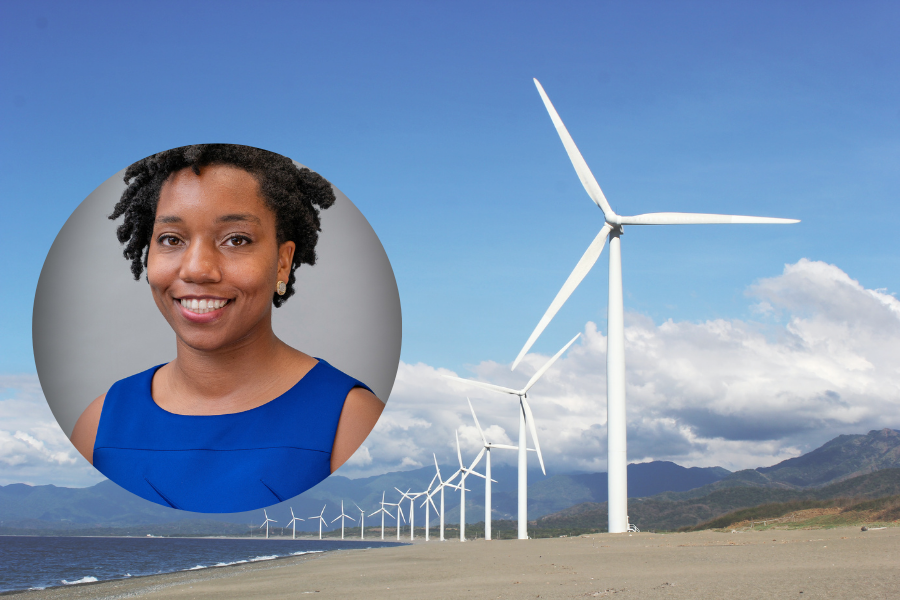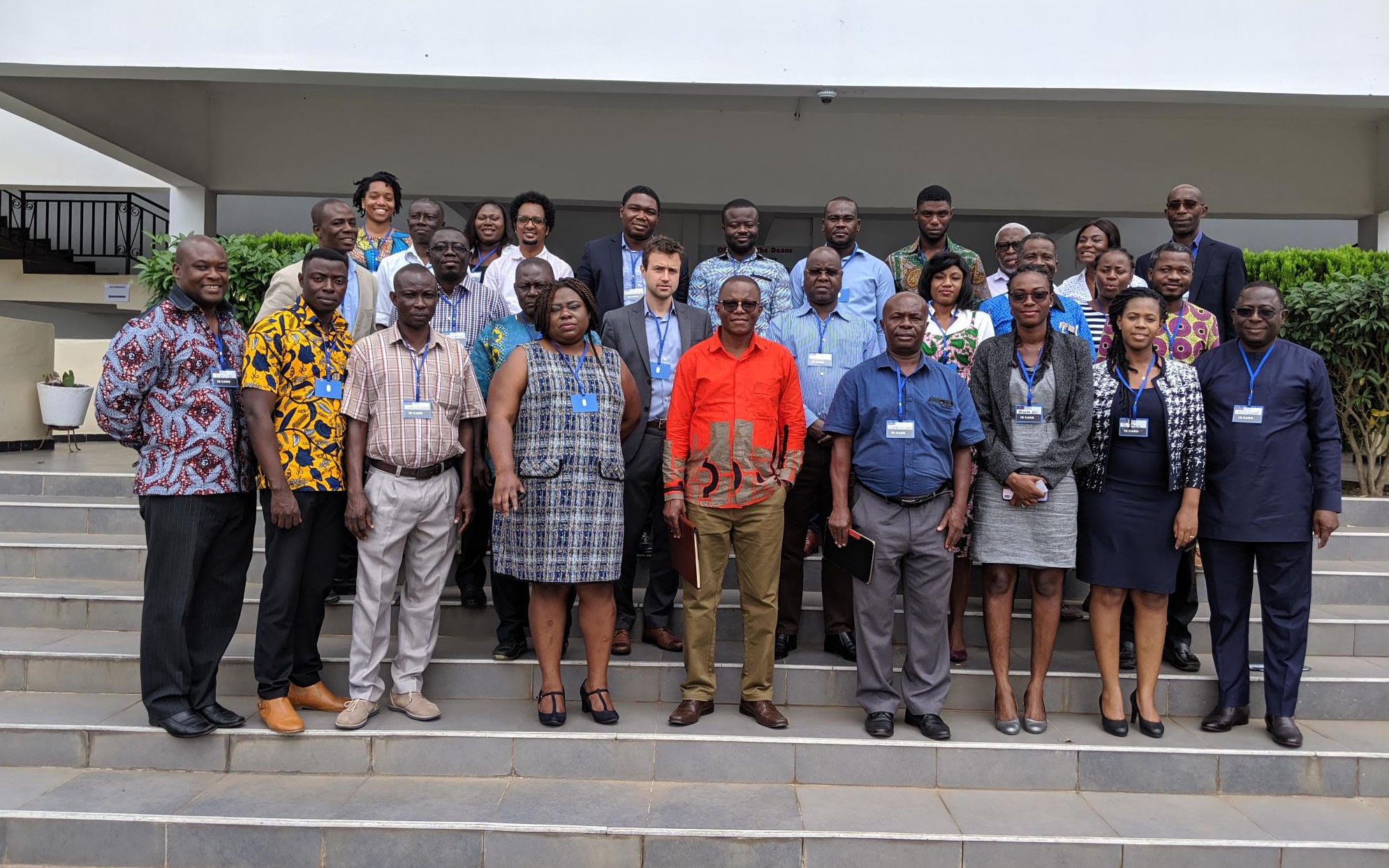
Nock’s Energy Equality Research Spans the United States and Ethiopia
By Maria Guo and Cody Januszko
Media InquiriesThis is the sixth article in a series on faculty profiles.
Destenie Nock, Assistant Professor of Civil and Environmental Engineering (CEE) and Energy and Public Policy (EPP), conducts research on energy equity within the US and internationally. Earlier this year, Nock was designated as a Scott Institute Energy Fellow.
“Energy is the thread that connects everyone,” Nock said, regarding the importance of her work. “Everyone uses energy in some form or another.”
One of Nock’s current projects examines energy usage in Ethiopia’s agricultural sector. Nock noted how most energy models for the developing world focus on residential use, but this project addresses a gap in research by focusing on productive uses within the agricultural sector to enhance Ethiopia’s economy.
The project is in partnership with Scott Institute Energy Fellow Paulina Jaramillo and CMU-Africa Special Faculty member Nathan Williams. Nock characterized the project as fairly data-heavy. The team is using models from the World Bank to estimate demand, comparing agricultural demand and residential demand for energy, while accounting for the geographical location of people.
In addition to her project on Ethiopian agricultural energy, Nock is currently working on a National Science Foundation-funded COVID-19 project exploring the role COVID has played in people’s energy consumption patterns in the US. The project is in collaboration with the University of Maryland School of Public Policy’s Lucy Qiu.
“Here we are using customer level utility data to understand how the pandemic has changed energy consumption patterns in different income groups,” said Nock.
Nock wants to make sure the work she does remembers the social justice side of engineering.
“One thing I am hoping to bring is the energy equality lens to energy transition discussions,” said Nock. “My models are focused on understanding who wins and loses in energy transition. “

EDUCATION AND AWARDS
Nock received her PhD in 2019 from the University of Massachusetts Amherst in Industrial Engineering and Operations Research, where she performed energy systems modeling and analysis in both New England and Sub-Saharan Africa.
In May of 2020, Nock was awarded an NSF grant for her research in equity and sustainability.
Also, as part of Google’s Award for Inclusion Research (AIR) program, Nock and Scott Institute Energy Fellow Costa Samaras are partnering with Google researchers to characterize energy equity in the United States.
Finally, Nock is among the first African-American women hired by the College of Engineering at CMU, along with Elizabeth Wayne.
TEACHING AND A VIBRANT LIFESTYLE
This semester, Nock is teaching Civil Systems Investments Planning and Pricing, a course that teaches students how to incorporate different decision maker preferences into models. Although the course has traditionally focused on economic measures, Nock is bringing a social justice perspective to the class as well. This is Nock’s first semester teaching, and she’s taken her new role as professor in stride, coming up with exciting ways to keep students engaged within the online format.
“I treat myself like a TV host whose job it is to make energy, decision analysis and economic modeling entertaining so that people don’t turn the TV off and keep watching long enough to learn something.” said Nock.
Outside of research and teaching, Nock maintains an active, vibrant lifestyle. She recently adopted a German Shepherd puppy and loves to take the puppy on walks. Nock also plays tennis, paints, barbeques, dances, and goes hammocking in her free time.
When asked about her strategies for time management, Nock said, “You can do anything, but you can’t do everything. Pick your top three to make the day successful.”
